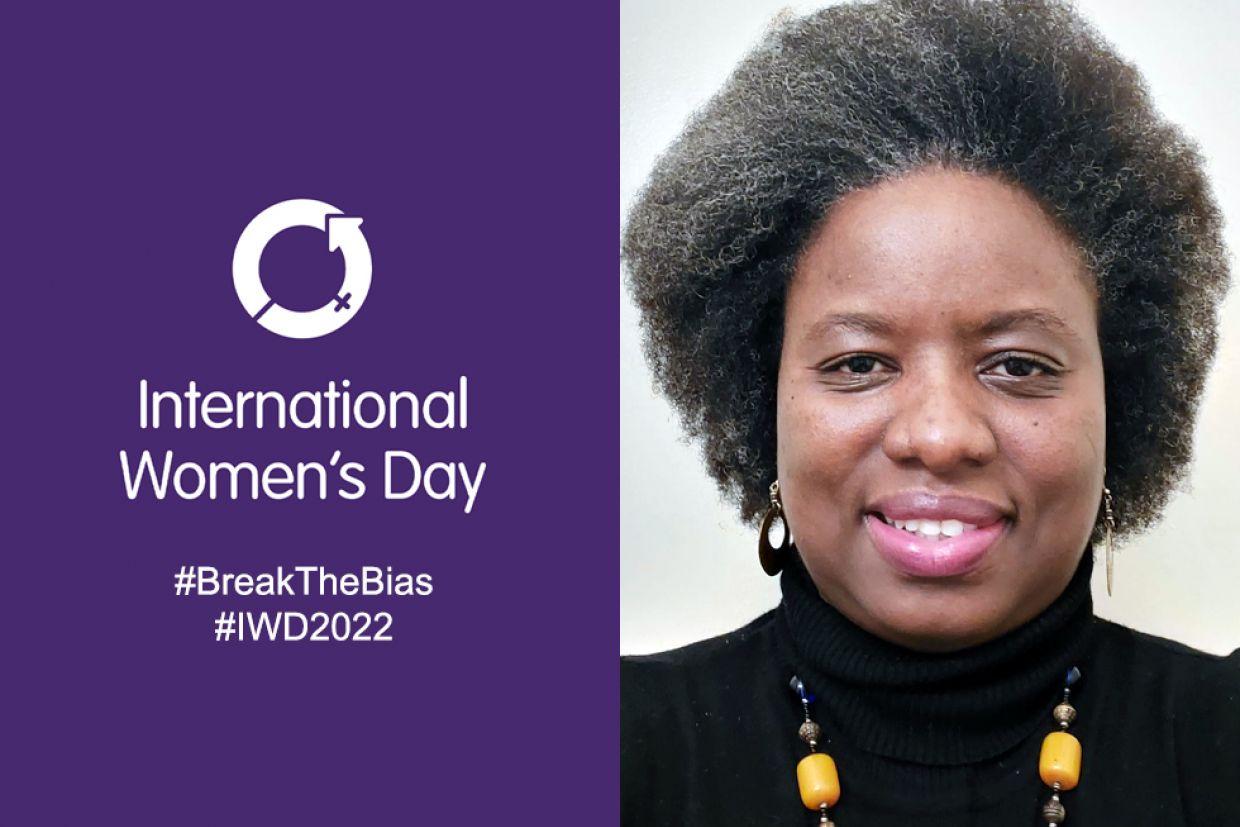When Rutendo Mutambanengwe was growing up in Harare, Zimbabwe, she joined her elementary school’s Junior Conservation Club.
“Even then, I was always thinking about how we need to conserve our natural resources,” she says.
Natural resources are particularly important in Mutambanengwe’s home county.
“Zimbabwe is landlocked,” she says, “and we don’t have natural oil resources. We have coal, but no petroleum, and electricity is in short supply. These are the problems that have always motivated me.”
Today, Mutambanengwe is putting the finishing touches on her doctoral work in chemical engineering, working on sustainable solutions to the problems that will inevitably come when renewable energy sources arrive in Zimbabwe.
“We have a lot of renewable energy coming online,” she says. “The challenge is how to store that energy so it’s available when we need it.”
Mutambanengwe is experimenting with greener, more affordable technologies that will enable energy storage and recapture without releasing carbon dioxide and polluting the air. She says her work will result in clean-burning fuels that can be used for just about anything.
“You can use it in fuel cell vehicles like trains, buses, trucks, cruise ships, even airplanes,” she says. “You can use it as a chemical feed stock in the production of fertilizer. You can use it to heat buildings. You can use it to enrich natural gas to make it cleaner.”
Although she is in Kingston now, Mutambanengwe plans to go back to Zimbabwe to put her research into action to address the problems she’s recognized since her days in the Junior Conservation Club. “But I want to gain some experience here first,” she says, “because we don’t have this industry in Zimbabwe. The research is still theoretical, but here I have the opportunity to learn how it’s done on a commercial scale.”
Celebrate International Women's Day by supporting women in Engineering. Make a gift


